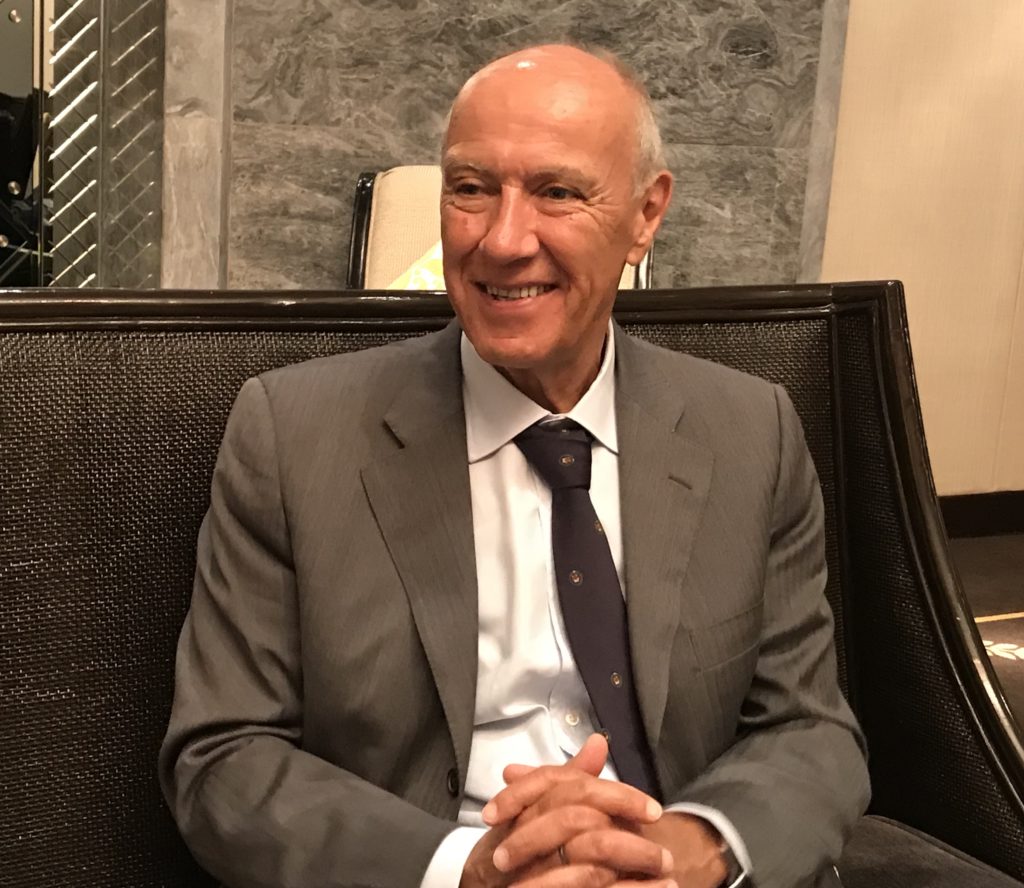UN agency: In era of AI, indigenous knowledge still paramount

WIPO director-general Francis Gurry
The world is increasingly becoming conscious of the need to protect intellectual property (IP) to encourage innovations and inventions, but more needs to be done to safeguard indigenous or traditional knowledge, according to the chief of the World Intellectual Property Organization (WIPO).
In an interview last week, Geneva-based WIPO director general Francis Gurry said the volume of IP applications globally continued to rise at 8-10 percent annually, outpacing global economic growth of around 3.5 percent.
In the last 10 years, Asia has become the dominant source of IP application volume, covering patents, trademarks and designs, he said. The region now accounts for about 60 percent of IP applications, particularly from China, Japan, Korea, Southeast Asia and India.
“We’re seeing good improvement from the Asean (Association of Southeast Asian Nation) countries, from Singapore, Philippines, Indonesia, Malaysia and they are well positioned to take advantage of the new dynamic—where Asia is at the forefront—demographically, economically and now, technologically,” said Gurry, who was in town last week for the Intellectual Property Convergence Forum 2018.
In the case of international patent applications, representing the best of technology globally, 49 percent came from Asia, he noted.
IP was also increasingly growing in complexity from both policy and practical points of view, he said.
“Once, it was just national and international (in dimension). Now you also have bilateral, regional and multinational. That is a much more complex environment for IP and at the same time, we see that the subject matter is more complex because some of the new technologies around data, particularly artificial intelligence (AI) in advanced manufacturing,” Gurry said.
Amid challenges from globalization, the rise of AI and the disparity in technological advances across jurisdictions, WIPO—a global forum for intellectual property services, information and cooperation under the 191-member United Nations—has been hoping for a “breakthrough” in protecting traditional IP or indigenous knowledge.
Traditional knowledge refers to a living body of knowledge developed, sustained and passed on from generation to generation within a community, often forming part of its cultural or spiritual identity. As such, it is not easily protected by the current intellectual property system, which typically grants protection for a limited period to inventions and original works by named individuals or companies.
In 2000, WIPO members established an intergovernmental committee on intellectual property and genetic resources, traditional knowledge and folklore. In 2009, they agreed to develop international legal instruments that would give traditional knowledge, genetic resources and traditional cultural expressions (folklore) effective protection. Such instruments may range from a recommendation to WIPO members to a formal treaty that would bind countries choosing to ratify it.
While the exercise has not yet concluded, Gurry said this was already raising awareness on the value of biodiversity and genetic resources, which could be an important source of invention.
“I think we’re seeing this movement for IP to address knowledge-based IP which is not just western but universal,” Gurry said. “Of course, we’ve got some distance to travel.”
Gurry said that indigenous people have a specific knowledge system that differs from its western counterpart. They might not know the scientific explanation behind the therapeutic effect of a certain plant variety, for instance, but they still understand how it works through observation, he said.
“It’s not the same knowledge system as the western system. So what we have to do is have it recognized for its contribution,” he added.














